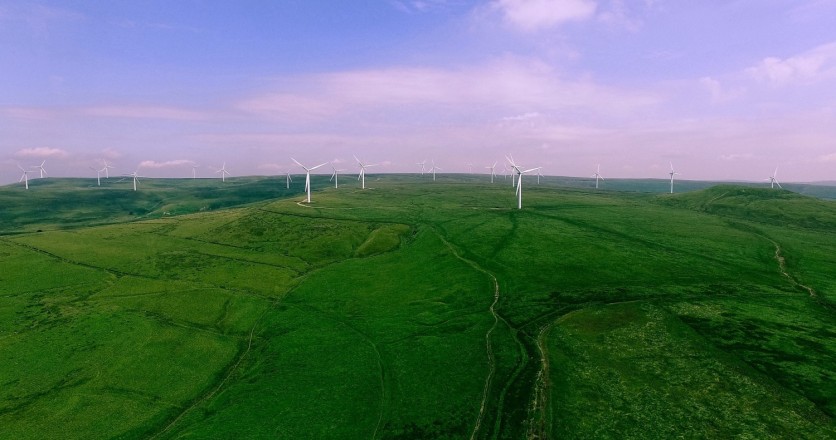The United Nations Conference on Trade and Development (UNCTAD) has warned that economic inequalities will continue to grow unless developing countries benefit from green technologies.
The Technology and Innovation Report 2023, released by UNCTAD on March 16, shows that developed countries are reaping most of the rewards of green technologies such as artificial intelligence, the Internet of Things, and electric vehicles.
Although these frontier technologies could create a market worth over $9.5tn by 2030, developed economies are seizing most of the opportunities, leaving developing economies further behind.
In the same period, exports from developing nations rose from $57bn to only around $75bn. In three years, developing countries share of global exports fell from over 48% to under 33%.

Frontier Technology Readiness Index
UNCTAD's report includes a "frontier technology readiness index" that shows that few developing countries have the capacities required to take advantage of frontier technologies such as blockchain, drones, gene editing, nanotechnology, and solar power.
Green frontier technologies such as electric vehicles, solar and wind energy, and green hydrogen are expected to reach a market value of $2.1tn in 2030, which is four times greater than their current value.
The report's index ranks 166 countries based on ICT, skills, research and development, industrial capacity, and finance indicators. It is dominated by high-income economies such as the United States, Sweden, Singapore, Switzerland, and the Netherlands.
Developing nations must then implement proactive industrial, innovation, and energy policies that target green technologies to reap the benefits of the green tech revolution.
According to the UNCTAD, governments in developing countries must align their policies on environmental sustainability, science, technology, innovation, and industrialization.
The organization urges them to prioritize investments in green and complex sectors and provide incentives to shift consumer demand towards eco-friendly products.
Furthermore, developing countries must enhance technical skills and scale up investments in information and communications technology (ICT) infrastructure to bridge the connectivity gap between small and large firms, as well as between urban and rural areas.
Call for International Support
To transfer green technologies to developing nations, UNCTAD is calling for international support. The report suggests applying the principles invoked during the COVID-19 pandemic when some countries were allowed to manufacture and distribute vaccines without the patent holder's consent.
This would provide manufacturers in developing countries with faster access to vital green technologies.
The report also recommends that international trade and intellectual property rules should offer more flexibility for developing countries to establish industrial and innovation policies that can help nurture their nascent industries and spur the growth of new green technology sectors.
The UNCTAD's Technology and Innovation Report 2023 emphasizes that developing countries must take decisive action to avoid missing out on the economic opportunities presented by green technologies.
Developing countries must act swiftly to seize this opportunity and pursue a development trajectory that leads to more diversified, productive, and competitive economies.
Related Article : Unesco Calls to 'Drastically Cut Emissions' Before Glaciers Disappear to Climate Change

ⓒ 2025 TECHTIMES.com All rights reserved. Do not reproduce without permission.




